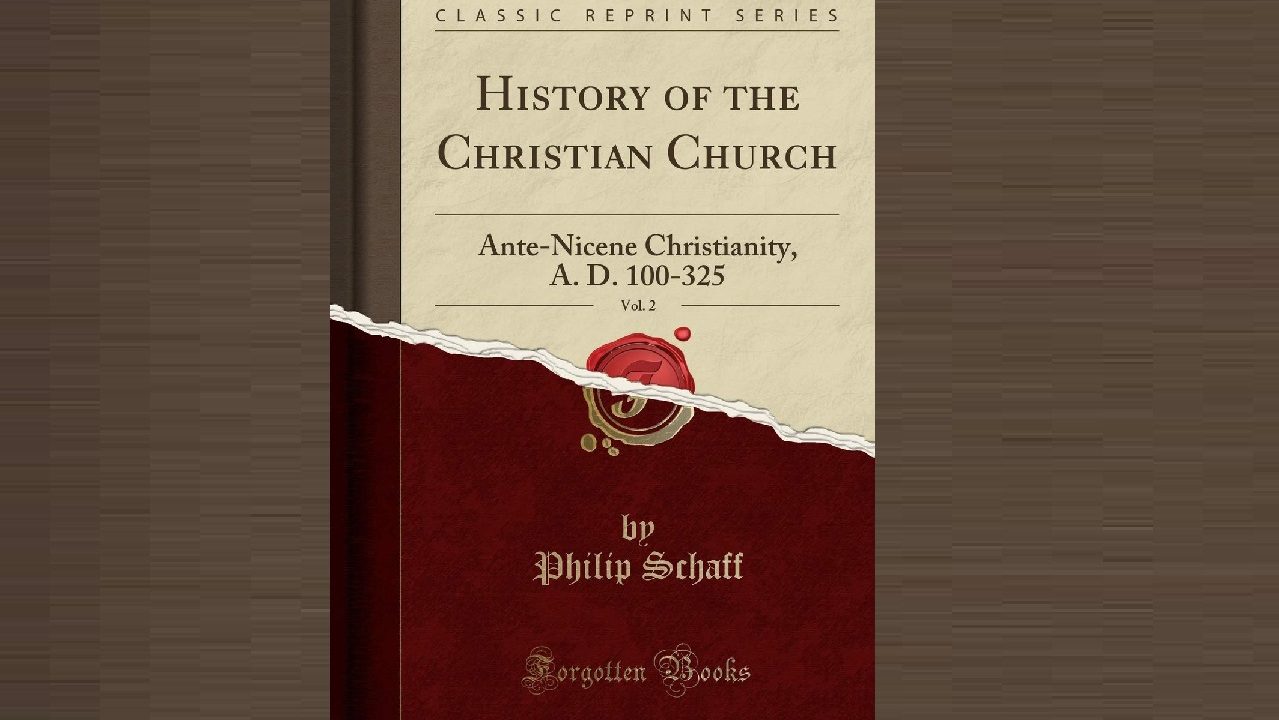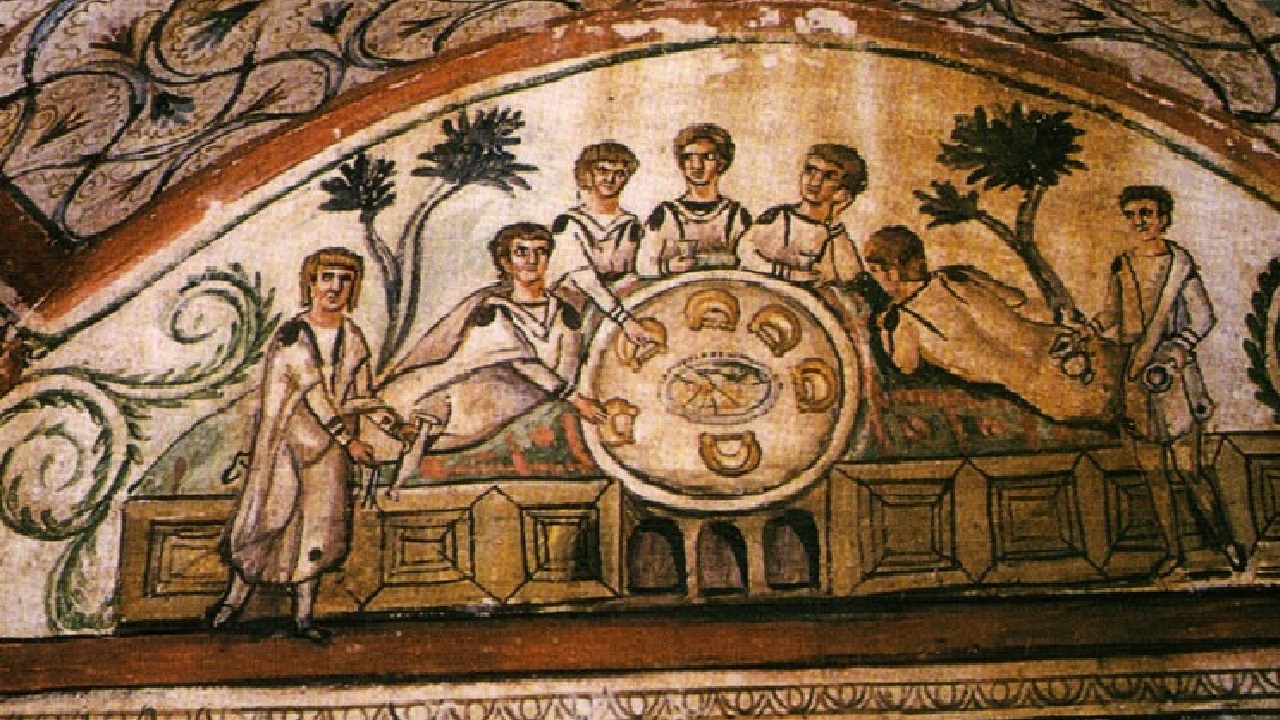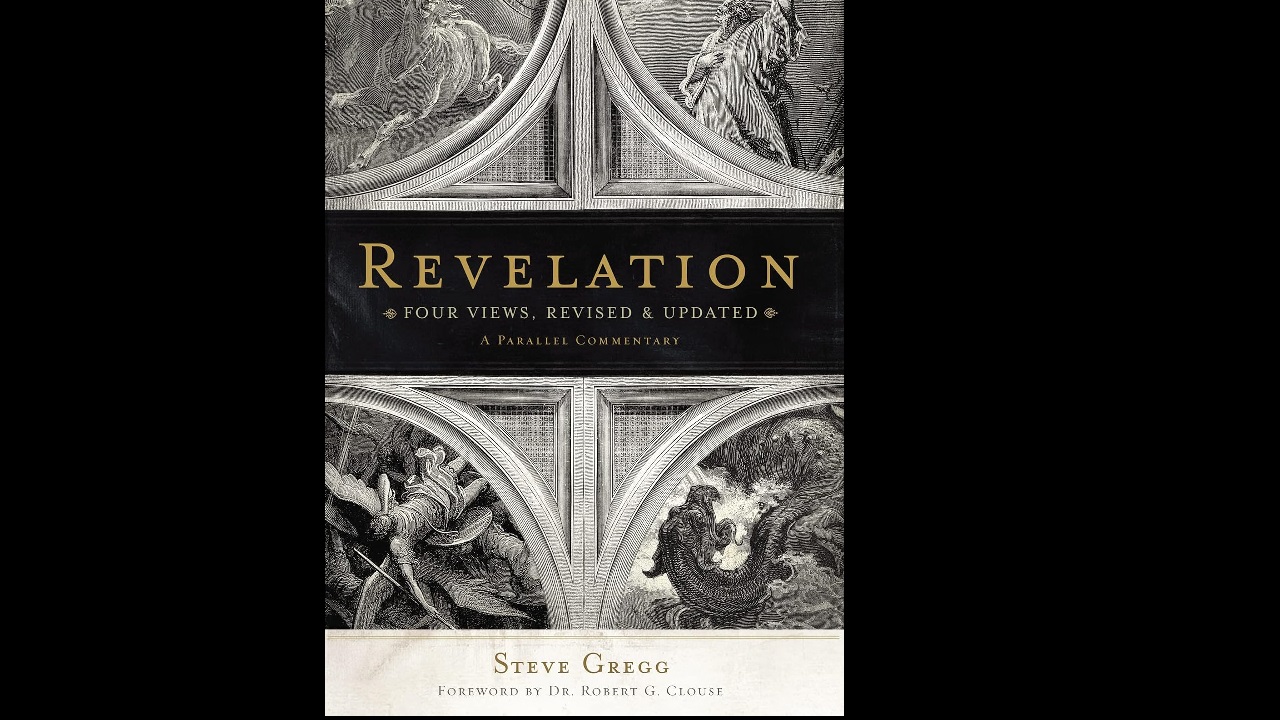Schaff, History of the Christian Church, Volume 2, pp 618-19.
In Alexandria, Origen opposed chiliasm [millennialism] as a Jewish dream, and spiritualized the symbolical language of the prophets [De Princ. 2.22. He had, however, in view a very sensuous idea of the millennium with marriage and luxuriant feasts.]. His distinguished pupil [Dionysus the Great, d. c. 264] denied the Apocalypse to the apostle John, and ascribed it to a presbyter of that name [Euseb. 7. 24,25]. Eusebius inclined to the same view.
But the crushing blow came from the great change in the social condition and prospects of the church in the Nicene age. After Christianity, contrary to all expectation, triumphed in the Roman Empire, and was embraced by the Caesars themselves, the millennial reign, instead of being anxiously waited and prayer for, began to be dated either from the first appearance of Christ, or from the conversion of Constantine and the downfall of paganism, and to be regarded as realized in the glory of the dominant imperial state-church. Augustin, who himself had formerly entertained chiliastic hopes, framed the new theory which reflected the social change, and was generally accepted. The apocalyptic millennium he understood to be the present reign of Christ in the Catholic church, and the first resurrection, the translation of the martyrs and saints to heaven, where they participate in Christ’s reign [De Civit. Deit, 20. 6-10[1]]. It was consistent with this theory that towards the close of the first millennium of the Christian era there was a wide-spread expectation in Western Europe that the final judgment was at hand.
From the time of Constantine and Augustin chiliasm took its place among the heresies, and was rejected subsequently even by the Protestant reformers as a Jewish dream[2].
[1] “Therefore the Church even now is the kingdom of Christ, and the kingdom of heaven. Accordingly, even now His saints reign with Him….Of such persons he also says that their conversation is in heaven [Phil 3.20]. They reign with Him who are so in His kingdom that they themselves are His kingdom.”
[2] Augsberg Confession, Art. 17; Cranmer, 41 Anglican Articles, 1553, “They that go about to renew the fable of heretics called Millenarii [Millennialism], be repugnant to holy Scripture, and caste themselves headlong into a Jewish dotage.”




